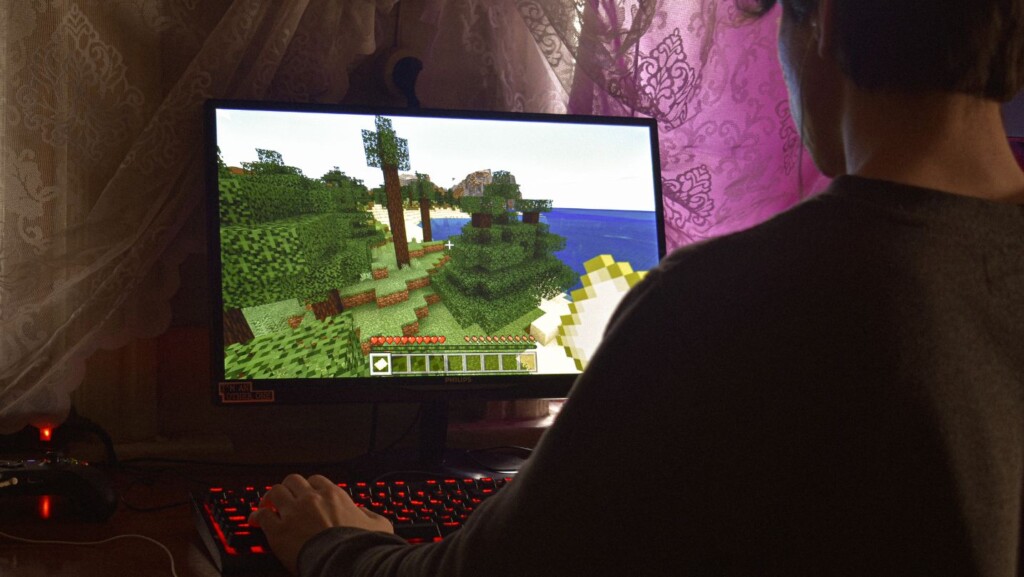Ever tried building a massive Minecraft city with friends, only to have the world grind to a halt the moment someone triggers a huge redstone contraption? Or worse, seen the game crash just as you were about to complete a week-long build? That’s where dedicated servers come in. They’re the quiet workhorses behind some of the best Minecraft adventures, keeping worlds stable, responsive, and ready for whatever chaos players throw at them.
A dedicated server is exactly what it sounds like — a computer devoted solely to running Minecraft. Unlike a shared host or a friend’s laptop acting as the “world host,” this machine focuses all its power on keeping the game smooth. The result? Faster chunk loading, fewer lag spikes, and a much lower chance of crashes when things get hectic.
Key Takeaways
Dedicated Minecraft servers provide stability, performance, and control, making them essential for large-scale builds and community events.
- Dedicated servers ensure smoother gameplay with faster chunk loading, fewer lag spikes, and lower crash risk.
- They offer greater control over server settings, security, and customization options, enhancing the overall player experience.
- While more expensive, dedicated servers provide scalability and reliability, fostering long-term engagement and community growth.
Why Choose A Dedicated Minecraft Server
Performance is where dedicated servers really shine. Imagine dozens of players exploring far-flung corners of the map, setting off TNT, or running fully automated farms at the same time. On a local machine, that might spell disaster. A dedicated server has the processing power and memory to keep the game running at full speed, maintaining a high tick rate so everything feels responsive.
Control is another major perk. With a dedicated setup, you’re in charge of the rules. You can fine-tune memory allocation, add or remove mods and plugins, whitelist trusted players, and block griefers before they ruin anything. You can even experiment with custom world generation or tweak game mechanics to create a truly unique server experience.
Security matters, too. Public servers are a frequent target for trolling and even cyberattacks. Distributed Denial-of-Service (DDoS) attacks can bring a server down for hours. Dedicated servers give administrators the option to add firewalls, monitoring tools, and automatic backups — making sure that progress stays safe even when trouble shows up.
And there’s data to back this up: a 2025 study on server reliability found that 53% of Minecraft server owners on shared hosting lost players to lag or downtime, compared to just 25% using dedicated setups. It’s a reminder that reliable servers don’t just keep the game running — they keep communities together.
What Dedicated Servers Mean For Player Experience
One of the best things about a dedicated server is how it completely changes the way players experience the game. When lag and crashes aren’t constantly getting in the way, players feel free to take on bigger, riskier projects—massive cities, complex redstone machines, even server-wide storylines. The world feels like a place worth investing time in because it’s stable and reliable.
It also keeps the game exciting long term. Server owners can roll out special events, add new challenges, or reset worlds for a fresh start without wiping out all progress overnight. This steady flow of new content gives players a reason to keep coming back, turning a casual play session into a thriving, long-running community.
Cost, Scalability, And Freedom
Of course, there’s a cost to that reliability. Dedicated servers are more expensive than simply running Minecraft on your PC, and they require a bit more setup. But many server owners see this as an investment rather than a cost. A reliable server means fewer arguments about lag, fewer lost worlds, and happier players who actually want to log back in.

Scalability is another big win. Maybe you start with a handful of friends, but suddenly your server is popular and 50 players want to join at once. Dedicated servers can scale with you — you can upgrade RAM, boost CPU power, or expand storage without tearing everything down and starting fresh.
Ultimately, dedicated Minecraft servers are about freedom. Freedom from lag, freedom to customize, freedom to build a world that lasts without worrying about whose computer is online. For anyone serious about running a community, hosting big events, or just enjoying a smooth, crash-free game, they’re no longer optional — they’re the foundation that makes ambitious Minecraft projects possible.
